Which is the best marketing strategy in today’s cutthroat competitive market?
This is the most difficult question for every business owner, whether a big entrepreneur or a small business owner. Businesses and their marketing departments hopelessly spend a handsome amount of dollars trying to figure out the answer to this question. But unfortunately, they fail.
Although some businesses choose to go with PPC advertising, some flourish with content marketing, some with social media marketing, and some with video marketing. Every business is different from one another, hence their ideal marketing strategy might also differ. There’s no such rule saying the strategy that worked for your competitor would surely work for your business.
So, now the real question arises: how would you know about your ideal marketing strategy, and how much would you spend for it?
In this current marketing era, performance marketing and digital marketing are the top two competitors. Today’s article is about understanding these two marketing strategies, how they are different from each other and which of these two is the best strategy for your business.
What is Performance Marketing?
Performance marketing is a strategy that focuses on return on investments (ROI). Marketing strategies like Pay-per-click (PPC), cost-per-action and cost-per-thousand (CPM) come under the category of performance marketing.
Small-to-medium businesses mostly prefer performance marketing strategy as they have to work with a closely tight budget. Performance marketing strategies offer numerous benefits, but they also have downsides. While they enable you to use data analysis to focus your marketing efforts, initial performance marketing campaigns often lack precision.
Additionally, there’s no assurance that the leads you acquire through performance marketing will ultimately translate into paying customers.
Read our blog to learn more about What is Performance Marketing?
What is Digital Marketing?
Digital marketing scopes keep on evolving constantly. Digital marketing encompasses a variety of platforms and strategies that enable businesses to connect with potential customers. As consumer behavior increasingly leans toward digital interactions, a deep understanding of digital marketing has become essential for any company aiming to succeed in today’s marketplace.
Digital marketing is a multifaceted discipline that operates within a complex ecosystem of channels, each serving distinct roles in the execution of a comprehensive marketing strategy.
These channels encompass a wide range of online platforms and tools, catering to various aspects of customer engagement, brand promotion, lead generation, and sales conversion. Understanding and leveraging this diverse ecosystem is key to creating impactful digital marketing campaigns and achieving business objectives.
Digital Marketing Strategies
1. Content Marketing
Content marketing focuses on creating and distributing valuable, relevant, and consistent content to attract and engage a target audience. The goal is to build trust and authority, ultimately encouraging customer actions that benefit the business.
This strategy includes various formats such as blog posts, videos, infographics, and ebooks. By providing useful information and insights, businesses can foster deeper relationships with their audience, leading to increased brand loyalty and customer retention.
2. Search Engine Optimization (SEO)
SEO is the practice of optimizing a website to achieve higher rankings on search engine results pages (SERPs). It involves on-page techniques like using relevant keywords, optimizing meta tags, and improving site speed, as well as off-page strategies such as earning high-quality backlinks.
Effective SEO enhances visibility and attracts organic traffic to the website, making it easier for potential customers to find the business when searching for related products or services.
3. Social Media Marketing
Social media marketing utilizes platforms like Facebook, Instagram, Twitter, LinkedIn, and TikTok to promote products or services and engage with the audience. It involves creating and sharing content tailored to each platform, running targeted ad campaigns, and interacting with followers.
Social media marketing helps businesses build brand awareness, foster customer relationships, and drive website traffic. Collaborating with influencers and utilizing user-generated content can further amplify the reach and impact of social media efforts.
4. Email Marketing
Email marketing involves sending targeted emails to a list of subscribers to nurture leads and drive conversions. It includes tactics such as segmenting the email list to tailor messages to specific groups, personalizing content to address individual preferences and automating campaigns for consistent communication.
Effective email marketing can boost customer engagement, promote new products or services, and encourage repeat business by providing valuable information and special offers directly to the audience’s inbox.
Importance of Digital Marketing
1. Reach and Accessibility
Digital marketing allows businesses to reach a global audience at a fraction of the cost of traditional marketing methods. Through online channels such as social media, email, and search engines, businesses can connect with potential customers anywhere, anytime.
2. Targeting and Personalization
Digital marketing enables businesses to target specific demographics, interests, and behaviors, ensuring that the most relevant audience sees their messages. This level of targeting also allows for personalized marketing messages, which can significantly increase engagement and conversion rates.
3. Measurable Results
Unlike traditional marketing methods, digital marketing provides detailed analytics that allows businesses to track the performance of their campaigns in real-time. This data can help businesses understand their audience better, optimize their campaigns, and improve their overall marketing strategy.
4. Cost-Effectiveness
Digital marketing is often more cost-effective than traditional marketing methods. Online advertising, for example, can be much cheaper than print or TV advertising, and businesses can reach a larger audience for a fraction of the cost.
5. Brand Building and Reputation Management
Digital marketing allows businesses to build their brand value and manage their online reputation effectively. By creating engaging content and interacting with customers on social media, businesses can establish themselves as industry leaders and build trust with their audience.
6. Competitive Advantage
In today’s competitive business landscape, digital marketing can provide businesses with a significant advantage. By staying ahead of the latest digital marketing trends and technologies, businesses can outperform their competitors and attract more customers.
Read our article to learn more about What Is Marketing? Everything You Need to Know
Difference between Performance Marketing and Digital Marketing
|
Point of difference |
Performance Marketing |
Digital Marketing |
|
Definition |
Performance marketing is a subset of digital marketing in which businesses pay the marketing agencies based on the ad campaign performance, like clicks, actions, sales etc. | Digital marketing is an activity where businesses promote their products and services via digital channels like social media, emails, search engines, etc. |
|
Payment model |
Just as the strategy name suggests, the payment is followed based on the campaign performance, like pay-per-click, pay-per-lead, pay-per-sale, etc. | This marketing strategy has multiple payment models, like fixed rates, performance-based models, and retainers. |
|
Focus |
Focusing on results. It assesses the immediate impact of particular marketing efforts in relation to conversions and return on investment (ROI). | Similar to performance marketing, digital marketing focuses on results. It assesses the immediate impact of particular marketing efforts in relation to conversions and return on investment (ROI). |
|
Channels |
Affiliate marketing, search engine marketing and ROI-based ad campaigns. | Social media marketing, SEO, email marketing, PPC, and much more. |
|
Metrics |
ROI, conversion rates, cost-per-click, cost-per-lead, and cost-per-lead. | Clicks, conversion rate, engagement rate, open rate (emails), impressions, etc. |
|
Flexibility |
Performance marketing is a targeted approach that allows for flexible scaling and adjustments based on specific performance indicators. | Digital marketing involves a more comprehensive strategy, and making adjustments may take longer due to the wide range of channels and methods involved. |
|
Results |
Campaigns are skillfully tailored to reach specific audiences and are meticulously optimized to drive conversions, resulting in fast and effective outcomes. | Digital marketing efforts, such as SEO or brand awareness campaigns, may require a longer duration to yield significant results. |
|
Longevity |
Performance marketing strategies are typically short-term performing campaigns. | Digital marketing has both long-term and short-term strategies. |
Which Marketing is Best for Your Business?
Though both performance marketing and digital marketing strategies sound similar, their characteristics set them apart from each other. Digital marketing offers a huge range of marketing strategies to build strong brand awareness, higher visibility across multiple platforms, and boosted engagement rates. Digital marketing is about creating a robust online presence on digital channels like social media, email campaigns, content creation, and SEO.
Performance marketing offers a narrower concept than digital marketing and mainly focuses on results driven by certain actions that have a direct impact on businesses. Performance marketing is all about measurable results, like clicks, conversions, and sales.
To decide which marketing strategy is best for your business, start with understanding the aim of your business. Do you want to increase your brand awareness or want to boost your conversion rates and specific actions?
If you are looking for something that can increase your revenue and conversion, then performance marketing is the ideal choice for your business, and if you want to promote your service or products to let everyone know about your business, then digital marketing is the best choice.
If your target audience is highly active on social media, consumes content regularly, and appreciates engaging with brands, then digital marketing strategies such as social media campaigns, content creation, and collaborating with influencers may be very effective.
Furthermore, if your audience is inclined to take specific actions like making online purchases, signing up for services, or downloading apps, then performance marketing can be used to customize campaigns to align with these audience behaviors.
We hope you found this blog informative, if you want any of these two marketing services for your business, kindly contact us to hire digital marketing experts and get your aims accomplished successfully.


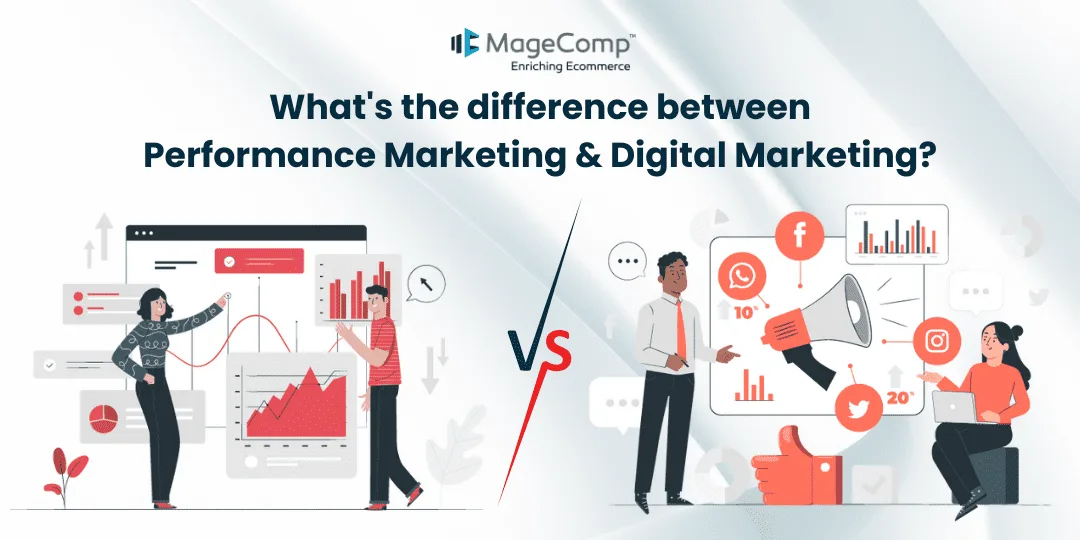





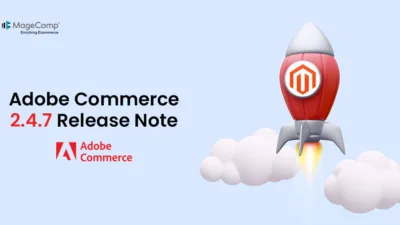

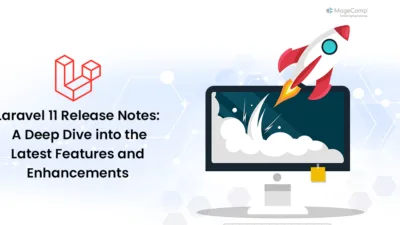
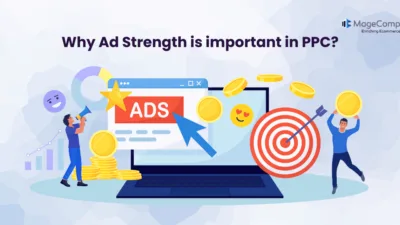
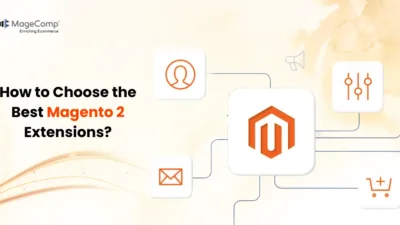

Thanks For Sharing Amazing Information About What’s the Difference Between Performance Marketing & Digital Marketing, It Is Really Helpful, Keep Going ahead with Brilliant Talent.
Such a outstanding article!!!!! It is really informative statement and helpful for a new photographer. Thank you so much for sharing!